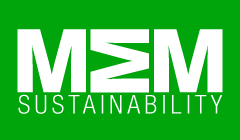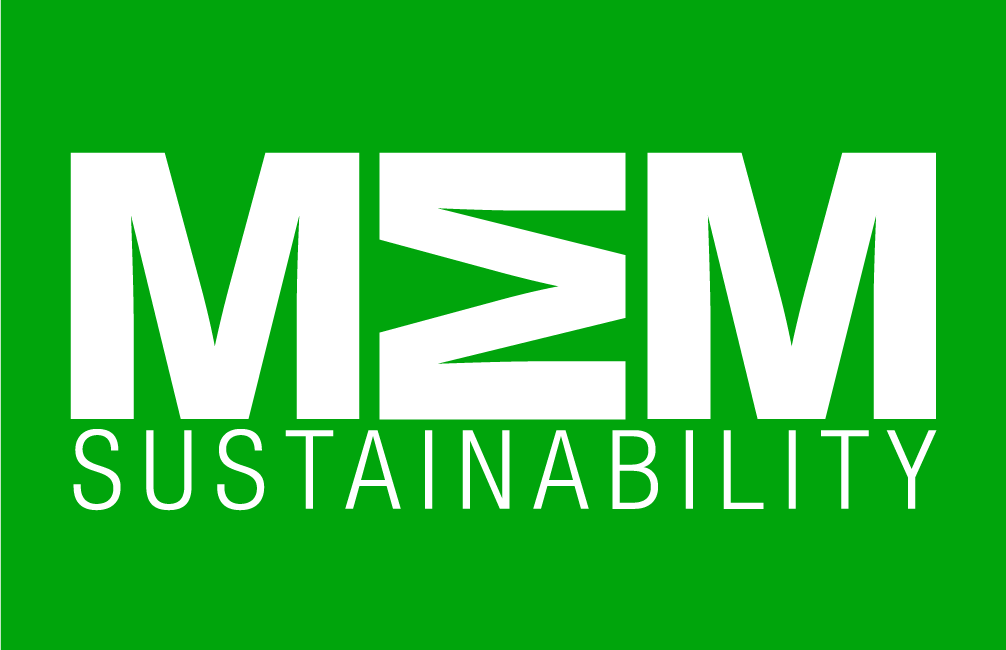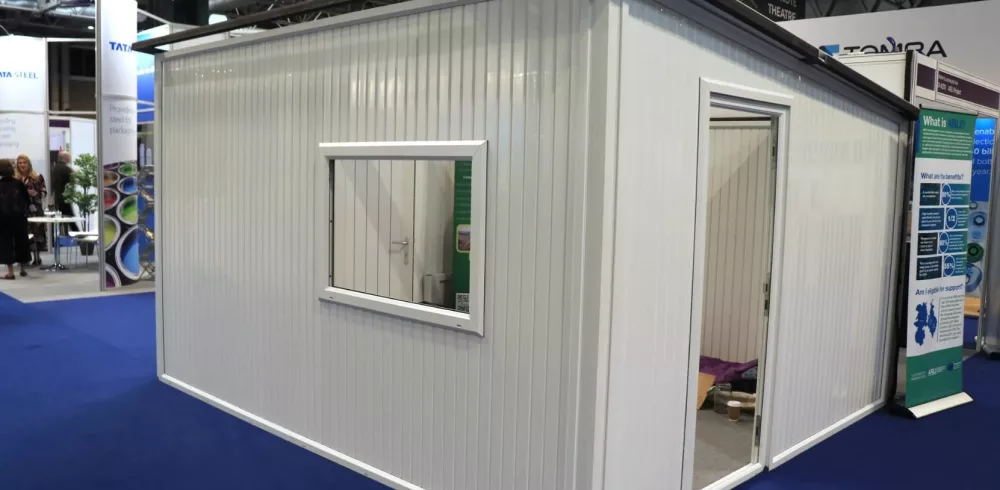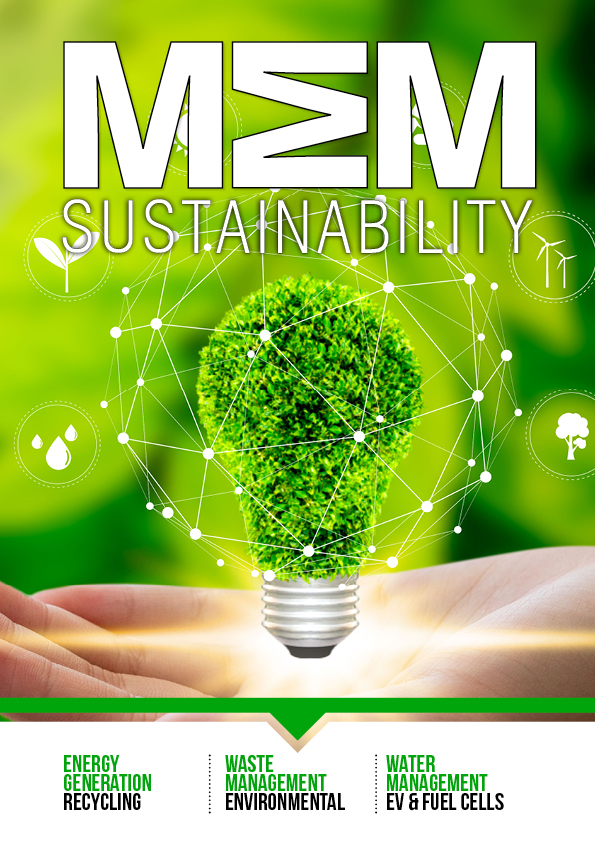An emergency shelter made from 100% recycled materials which could help to protect refugees fleeing disaster zones, has won two awards from the British Plastics Federation.
The shelter, created by sustainable engineering experts from the University of Birmingham and Birmingham-based company Suscons, has won the 2023 Horners Award for Polymer Design and Innovation, and the David Williams Award for Social Contribution Through Plastics.
The Suscons ERS Transitional Shelter is made to temporarily house four people in need of emergency shelter and is delivered as a flat pack in standard ISO freight containers so that it can be erected quickly and easily by unskilled labour. The shelter meets all UNHCR requirements and has a minimum lifespan of 10 years of continual use, compared to just 6-12 months of traditionally used tents.
The judges awarded the Shelter the Horners Award for Polymer Design and Innovation due to its “fantastic application of waste PVC material, one that not only benefits those that find themselves in need of emergency assistance, but also the natural environment in the UK, by diverting waste that would normally go to landfill.”
The Shelter is made from 460kg of waste plastic and can be fully recycled again when it comes to the end of its 10-year life. Unlike tents, windows and doors on the Shelter are lockable providing much-needed security to those who need it most. They can also be adapted to form mobile medical units.
The Shelter has also been awarded the David Williams Award for Social Contribution Through Plastics due to its social purpose which runs throughout the product’s entire lifecycle.
The team are currently planning the next round of testing for the Shelter, to make sure it can stand up to extreme temperatures and winds.
Peter Braithwaite, Director of Engineering Sustainability at Birmingham Centre for Resilience Research and Education, said: “We are delighted to have won the 2023 Horners Award for Polymer Design and Innovation, and the David Williams Award for Social Contribution Through Plastics. This is a recognition of not only the cutting-edge design and use of materials, but also the purpose of the product.
“The world is not a safe place right now, with conflict on the rise and extreme weather events and natural disasters leaving millions of people homeless. We hope that the Suscons ERS Transitional Shelter will give better protection to people in need and help alleviate some of the burden of plastic waste on the planet.”
The University of Birmingham and Suscons team are attending AidEx in Geneva, a leading humanitarian aid and disaster relief event from 25-26th October.
Manufacturing & Engineering Magazine | The Home of Manufacturing Industry News















